Photos: Andrew Goff.
In recent months, Dr. Wendy Ring — a local physician and activist — has been lobbying local governments to take a look at the Scotia Biomass Plant, a significant portion of the local electrical supply portfolio.
With a website and in presentations to local boards and councils, Ring’s “Humboldt Coalition for Clean Energy” has called upon the Redwood Coast Energy Authority — an intergovernmental agency that manages Humboldt County’s energy needs — to divest from its interests in biomass power, and particularly from the Scotia plant, which is run by a division of the Humboldt Redwood Company.
The Scotia plant — which generates electricity by burning wood waste — puts hundreds of thousands of tons of carbon dioxide into the air every year, the coalition argues. And yet our public energy authority, which has a long-term contract to buy power from Scotia, is allowed to claim this as a “renewable” energy source. How can this be?
Dr. Ring’s presentation to the Arcata City Council in August of last year.
The coalition got a new shot in the arm this week, as the Environmental Protection Information Center filed a notice with the North Coast Air Quality Management District that it is prepared to make the case that the Scotia plant is operating without a valid permit, having last year submitted its application for permit renewal later than is allowed by federal statute.
Tonight, the RCEA’s Community Advisory Committee — a large body composed of local citizens that advise the authority’s board on matters of interest to the public — will hear Dr. Ring’s criticisms directly, at its regular public meeting. The committee will also hear responses from Humboldt Redwood Company, the Air Quality Management District and an RCEA analyst on biomass power. According to the agenda, the committee could make a recommendation on the matter to the the authority governing board.
Matthew Marshall, RCEA’s executive director, told the Outpost today that the authority is not, itself, placed to judge what is considered “renewable” energy — that’s defined by the state — nor is it in a place to judge the current legal status of the power plant’s air quality permit — that’s regulated by the air quality district, and ultimately by the federal government.
Also, Marshall said, if the RCEA were to cancel its contract with HRC for electricity from the plant, that wouldn’t shut the mill down.
“If people just want, on principle, to not have biomass in our renewable mix, that’s one thing,” Marshall said. “[But] nothing we do is going to stop them from running.”
Canceling would also be very pricy, according to Marshall. The RCEA is in the first few years of its 10-year contract with Humboldt Redwood, he said. Since the time the contract was signed, the market for power has risen considerably — especially power that, like Scotia’s, can be produced at peak demand hours, when solar panels are offline. If the local contract were canceled, HRC could quite easily find other buyers on the open market — and at much better rates, Marshall said.
And not only would Humboldt County ratepayers have to start finding new sources of power on that same market, at higher prices, but the RCEA would be on the hook for penalties for canceling its long-term power contract, Marshall said. In all, he estimated that canceling the contract would end up costing local ratepayers $50 million over the remainder of the contract’s term.
The Scotia Mill is the last commercial biomass mill still operational in the county. Former plants in Fairhaven and Blue Lake have closed their doors in recent years.
The Redwood Coast Energy Authority’s Community Advisory Committee meets at 6 p.m. this evening at the Jefferson Community Center — 1000 B Street, Eureka. Remote viewing/participating instructions can be found in the agenda, below.
DOCUMENTS:
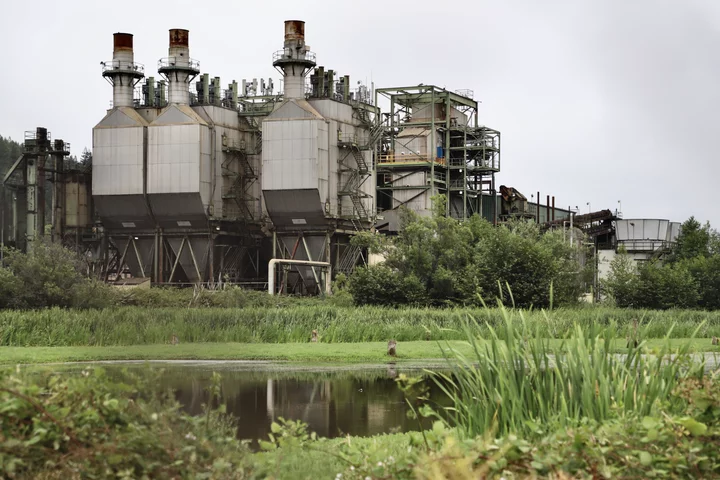
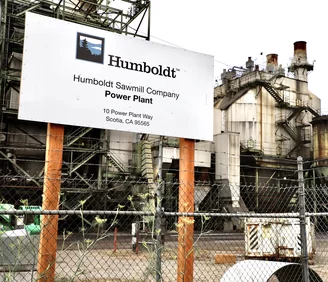
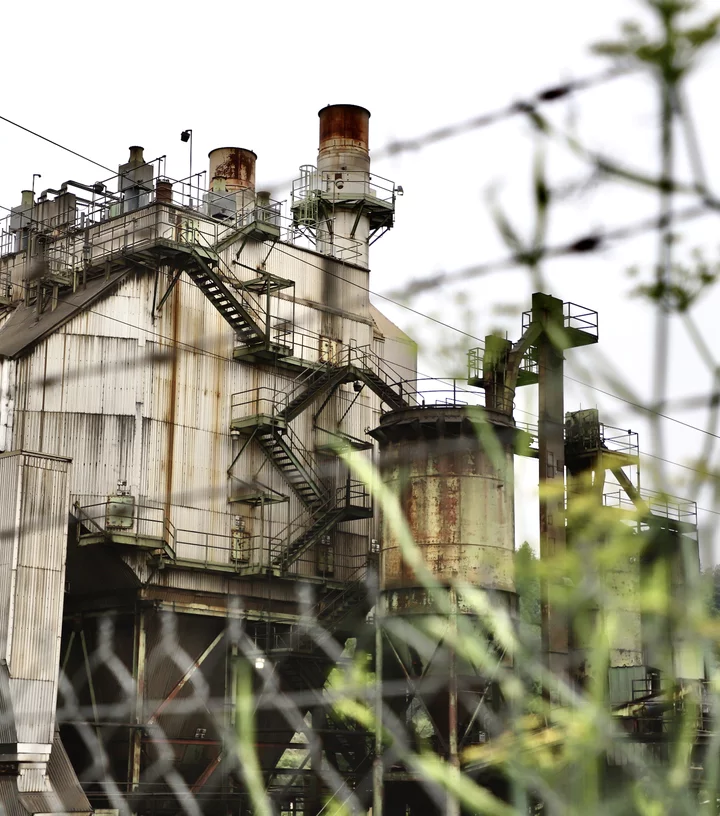
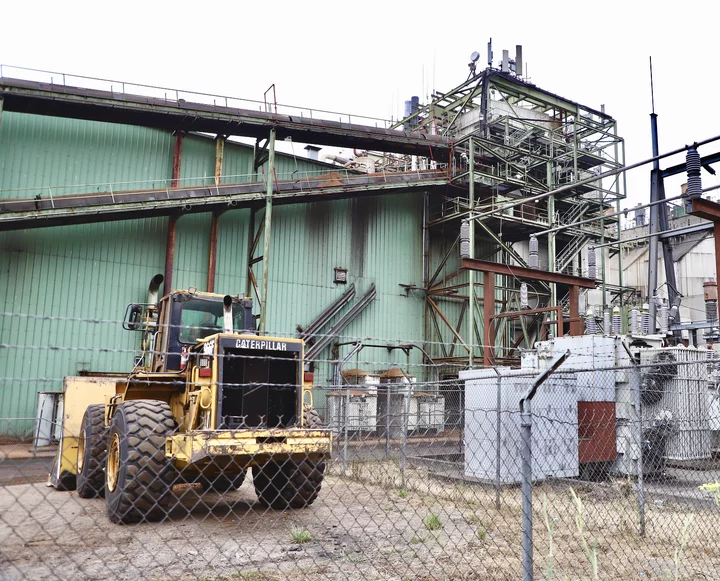
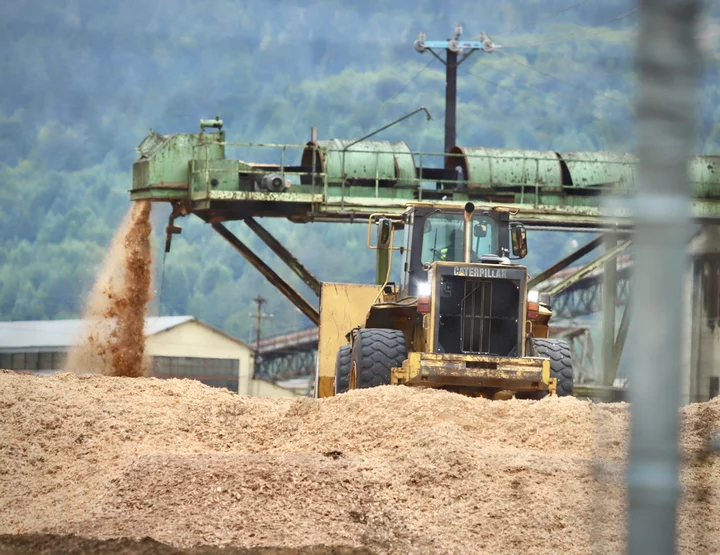
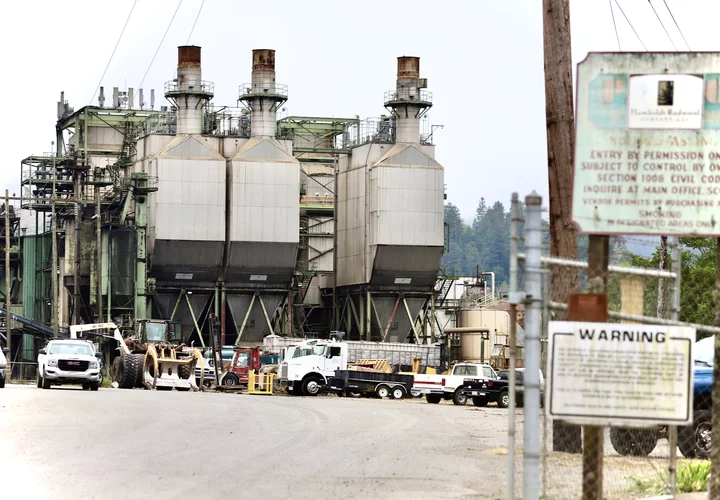
CLICK TO MANAGE